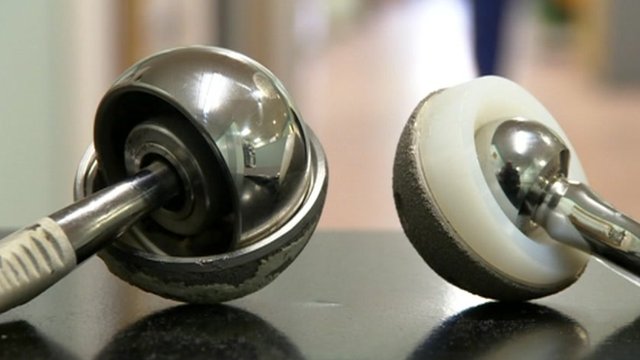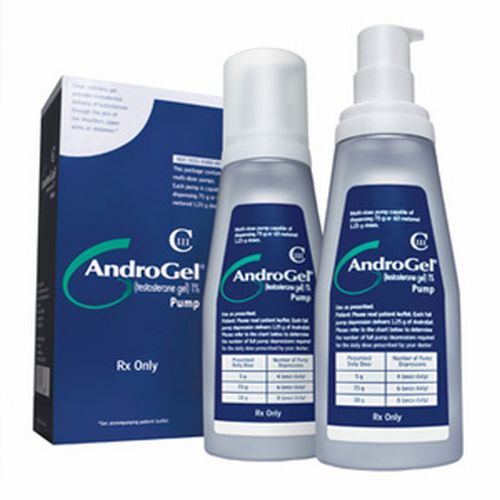The Centers for Medicare and Medicaid Services (CMS) announced that it will make data public on eight hospital-acquired conditions in the near future. This data can be found on the CMS website. The data will include mistakes that occur in hospitals, such as foreign objects being left in patients following surgery and the wrong type of blood being given to patients. These and other so-called “hospital-acquired conditions” can be life-threatening.
This data was mysteriously removed from the CMS website recently, which led to criticism by several consumer organizations that publish safety ratings for hospitals. There has been mounting pressure on government officials and hospitals to be more transparent about safety, so that patients considering certain types of surgeries can make more informed choices about the hospital where the surgery will be performed. For example, a patient who chooses to have an elective surgery, such as a hip replacement or knee replacement, can investigate the infection rates at the hospitals they are considering. This is important information because infections can lead to more serious conditions, such as sepsis or septic shock, which can be deadly.
Not surprisingly, many hospital officials around the country opposed this release of information reflecting hospital mistakes. The hospitals contend that some incidents, such as foreign objects being left in patients after surgery, do not happen enough for the information to be reliable. However, a USA Today report in 2013 concluded that foreign objects were retained after surgery as often as 6,000 times a year, which was far greater than the government had estimated. The retention of foreign objects after surgery can lead to infections and other complications that can, in turn, lead to additional surgeries.
 Georgia Injury Lawyer Blog
Georgia Injury Lawyer Blog












 AndroGel testosterone gel is a topical testosterone replacement therapy (TRT) manufactured by AbbVie, Inc. and formerly Unimed Pharmaceuticals of Abbott Laboratories, Inc. AndroGel is approved by the Food and Drug Administration (FDA) to treat men with low testosterone or “Low T,” associated with a diagnosed medical condition. AndroGel 1% and AndroGel 1.62%, are both applied topically to the skin. Patients apply it directly to their upper arm and shoulder and it is absorbed through the skin to deliver testosterone to the patient for approximately 24 hours. The drug has been heavily prescribed over the past several years as a safe way to treat men with low testosterone. However, numerous recent studies suggest that men taking AndroGel have a far greater risk of suffering a heart attack, stroke, congestive heart failure, or other adverse cardiovascular problem. The most recent study, known as the PLOS ONE study, performed on January 29, 2014, found that men 65 years and older who took testosterone injections or used the gel, had double the risk of a heart attack in the months after starting the treatment. On Jan. 31, 2014, after reviewing these studies, the FDA announced it would be investigating the risks of heart attack, stroke and death in men using prescription testosterone products.
AndroGel testosterone gel is a topical testosterone replacement therapy (TRT) manufactured by AbbVie, Inc. and formerly Unimed Pharmaceuticals of Abbott Laboratories, Inc. AndroGel is approved by the Food and Drug Administration (FDA) to treat men with low testosterone or “Low T,” associated with a diagnosed medical condition. AndroGel 1% and AndroGel 1.62%, are both applied topically to the skin. Patients apply it directly to their upper arm and shoulder and it is absorbed through the skin to deliver testosterone to the patient for approximately 24 hours. The drug has been heavily prescribed over the past several years as a safe way to treat men with low testosterone. However, numerous recent studies suggest that men taking AndroGel have a far greater risk of suffering a heart attack, stroke, congestive heart failure, or other adverse cardiovascular problem. The most recent study, known as the PLOS ONE study, performed on January 29, 2014, found that men 65 years and older who took testosterone injections or used the gel, had double the risk of a heart attack in the months after starting the treatment. On Jan. 31, 2014, after reviewing these studies, the FDA announced it would be investigating the risks of heart attack, stroke and death in men using prescription testosterone products. Running events have steadily increased in popularity over the past decade. A runner looking to compete in a race never has to look very far from their own home to find a 5k, 10k, or marathon to participate in. Last year millions competed in traditional road races, but nearly 4 million racers finished what are known as non-traditional obstacle races. Non-traditional races such as Tough Mudder, Spartan Race, and Warrior Dash are extreme fitness events, exploding in popularity, that involve the traversal of obstacle courses filled with military-style obstacles.
Running events have steadily increased in popularity over the past decade. A runner looking to compete in a race never has to look very far from their own home to find a 5k, 10k, or marathon to participate in. Last year millions competed in traditional road races, but nearly 4 million racers finished what are known as non-traditional obstacle races. Non-traditional races such as Tough Mudder, Spartan Race, and Warrior Dash are extreme fitness events, exploding in popularity, that involve the traversal of obstacle courses filled with military-style obstacles.